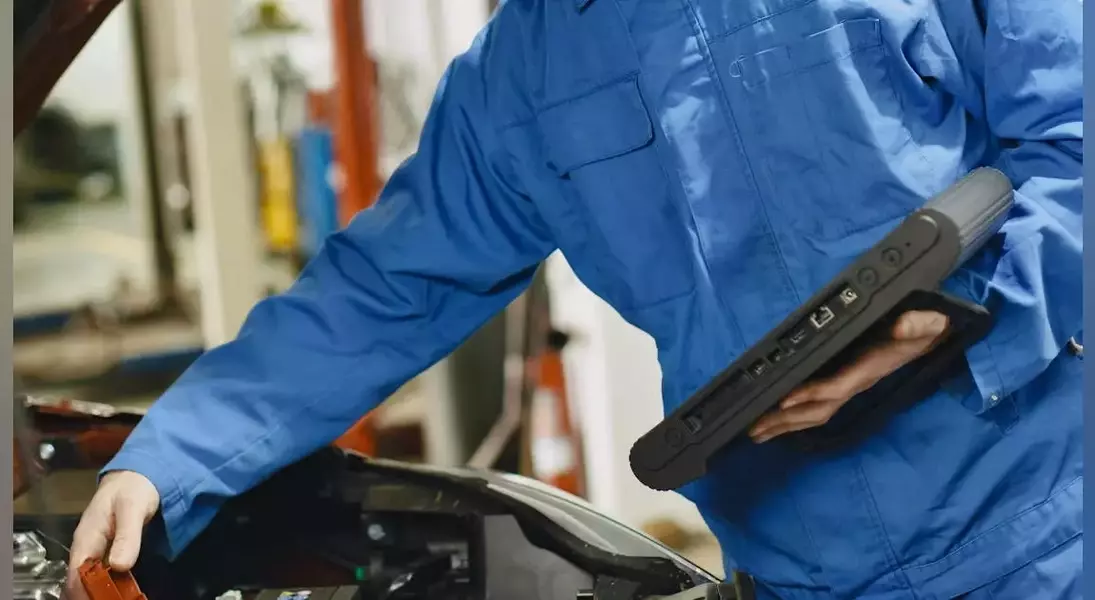Navigating the Automotive Repair Landscape: Empowering Independent Shops in the Face of Technological Advancements
As the automotive industry continues to evolve, independent repair shops are facing unprecedented challenges in accessing the necessary data and tools to service modern, technologically advanced vehicles. This article delves into the struggles faced by these small businesses and explores the potential solutions that could level the playing field and ensure consumers have access to affordable and reliable repair options.Unlocking the Complexities of Automotive Repair: A Battle for Transparency and Accessibility
The Rise of Computerized Vehicles and the Barriers Faced by Independent Shops
The automotive industry has undergone a significant transformation in recent years, with the introduction of increasingly complex and computerized vehicle models. This technological advancement has created a new set of challenges for independent repair shops, as automakers have become increasingly restrictive in granting access to the necessary repair data and diagnostic tools.One such shop, Ted's Auto Clinic in Chicago, Illinois, has experienced firsthand the impact of these changes. Owned by George Geropoulos and his brother Chris, the shop has been serving customers for over two decades. However, the growing limitations on what vehicles they are allowed to work on have forced them to turn away some customers, despite their long-standing relationships.The root of the problem lies in the gateway computers found in newer vehicle models, which have become the exclusive domain of authorized dealerships. Shops like Ted's Auto Clinic are often required to pay exorbitant monthly or annual subscription fees to access the necessary scan data and diagnostic tools, a cost that can range from $65 per month to a staggering $40,000 per year.The Ripple Effect: Consumers and the Aftermarket Industry
The increasing complexity of vehicles and the restricted access to repair data have far-reaching consequences. As Jeffrey Cox, President of the Automotive & Maintenance Repair Association, explains, the squeeze on the aftermarket industry can significantly impact consumers."There are many more shops in the aftermarket than on the dealership side. So if you start to squeeze down on the aftermarket, consumers are really going to feel that," said Cox.This sentiment is echoed by Donny Seyfer, who serves as the executive officer of the National Automotive Safety Task Force. Seyfer's organization acts as a bridge between automakers and independent repairers, working to communicate the needs of both sectors.Specialization and Adaptation: The Evolving Landscape of Automotive Repair
In the face of these challenges, some independent shops have adapted by offering specialized services, allowing them to focus on the jobs they know they can handle effectively. San Jose Automotive Center in Chicago, for example, has shifted its focus to automotive diagnostics and electrical repair, recognizing the increasing complexity of modern vehicles."Some of these vehicles require six, seven, eight hours of diagnostic time," said the shop's owner, Tomi Oliva. "We're expected to know everything but in terms of our trade we're still the least paid per hour."This shift towards specialization highlights the need for a reevaluation of the expectations placed on automotive technicians. As Seyfer points out, doctors don't specialize in 14 different systems, yet technicians are often expected to have a comprehensive understanding of the multitude of systems found in modern vehicles.Legislative Efforts and the Repair Act: Seeking a Balanced Solution
In response to the growing concerns of independent repair shops, legislative efforts like the Repair Act have emerged, aiming to provide these businesses with the right to access the necessary repair data. While these initiatives hold promise, the battle for transparency and accessibility in the automotive repair industry continues.As the industry evolves, it is clear that a collaborative approach involving automakers, independent shops, and policymakers is necessary to ensure that consumers have access to affordable and reliable repair options, while also maintaining the integrity and safety of modern vehicles.

